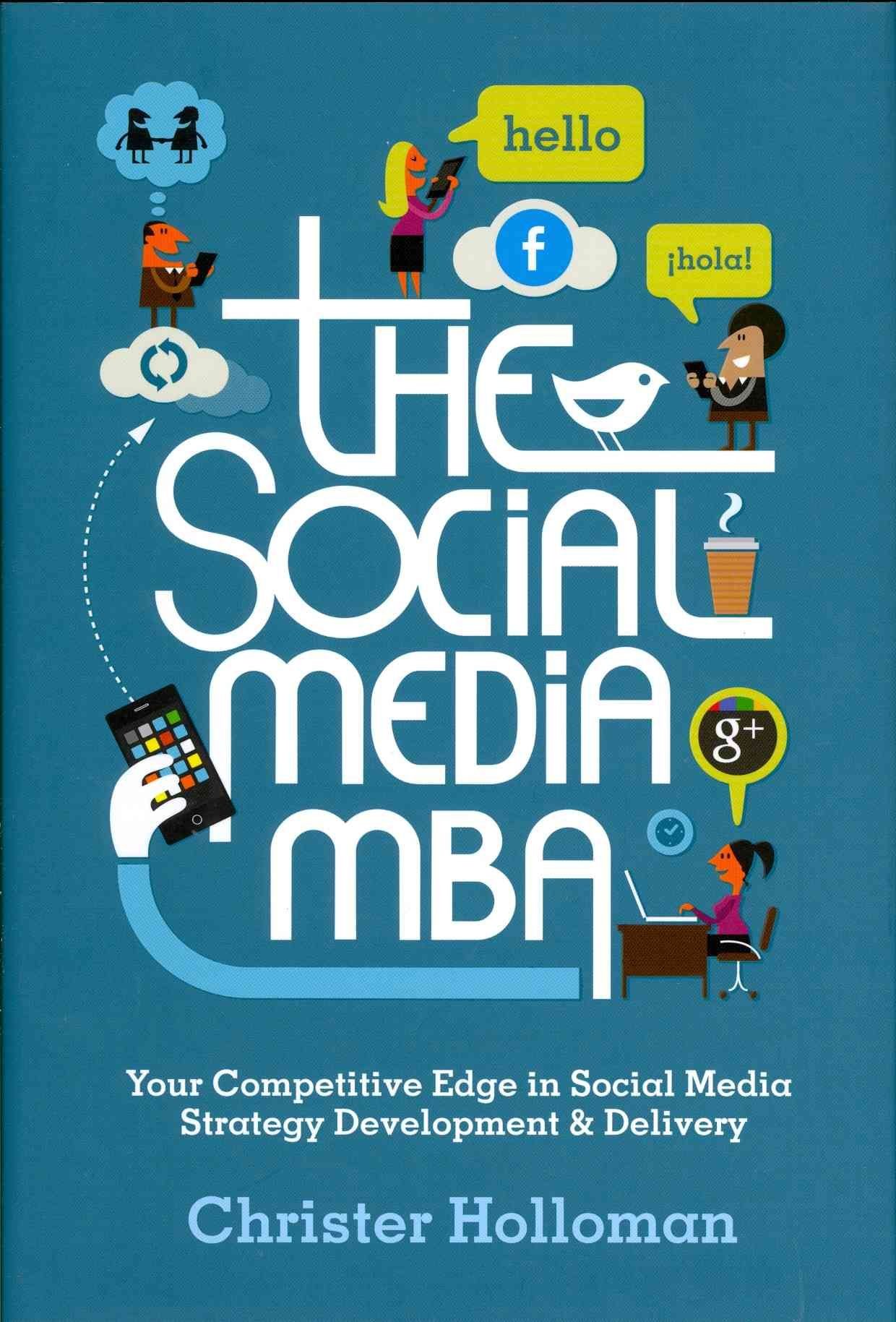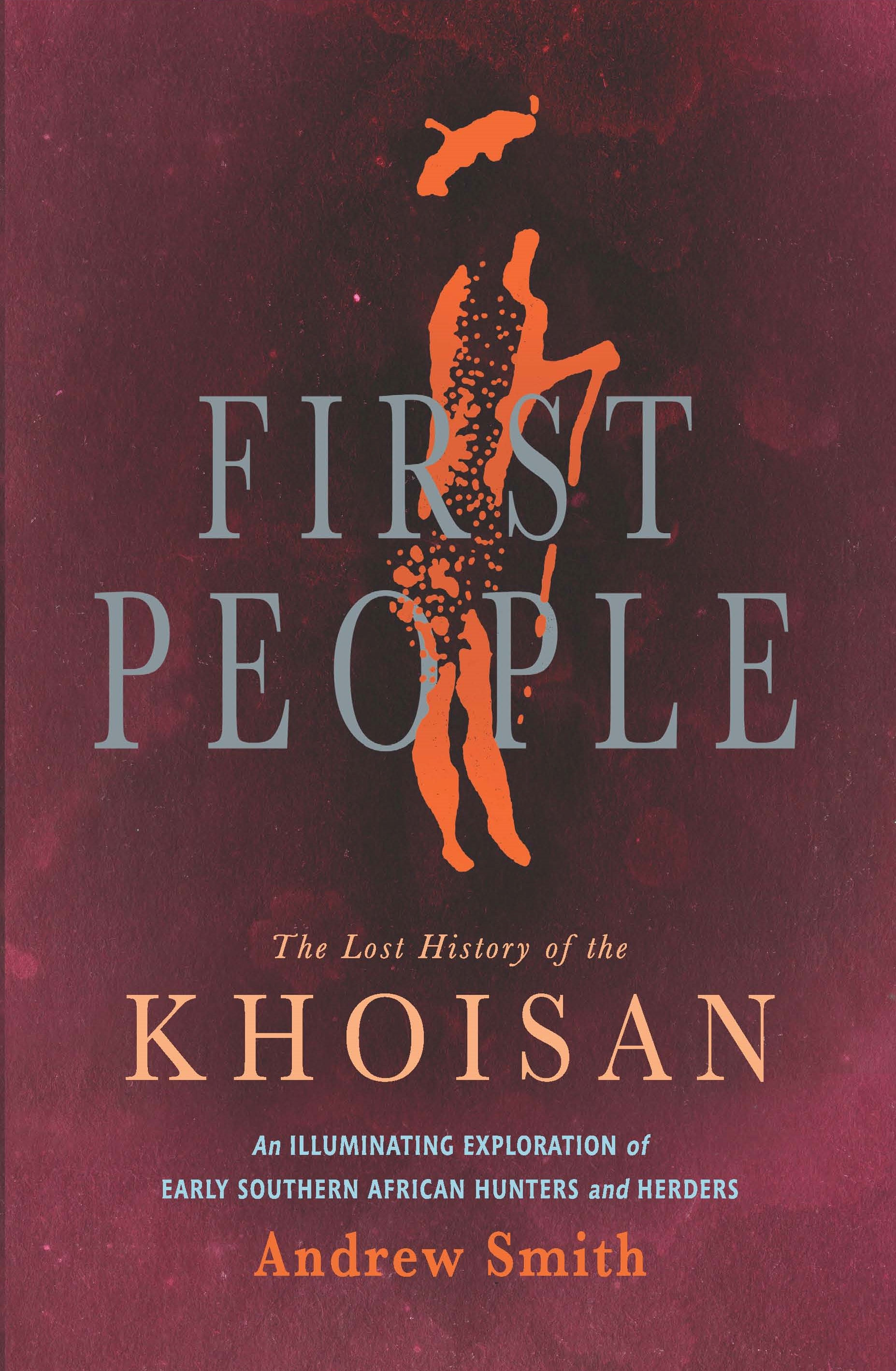Exploring the collaborative, consumer-oriented Modernism that developed out of both planned and fortuitous groupings in periodicals, this book traces the serialization and advertisement of Henry James’s The Turn of the Screw in Collier’s (1898), Rudyard Kipling’s Kim in McClure’s and Cassell’s (1900-1901), James Joyce’s Ulysses in the Little Review (1918-1920), and Virginia Woolf’s “Mrs. Dalloway in Bond Street” in the Dial (1923). These periodicals-whether mass-market journals or literary magazines-adjust our perceptions of authors elsewhere known to be “in charge” and reveal the central role that compromise and chance played in the emergence of Modernism. Bringing to light new research from multiple archives, Sigler pieces together original records of journals’ advertising strategies, previously unpublished editorial correspondence, and long-buried letters to unearth the forgotten stories behind the texts we think we know so well.












